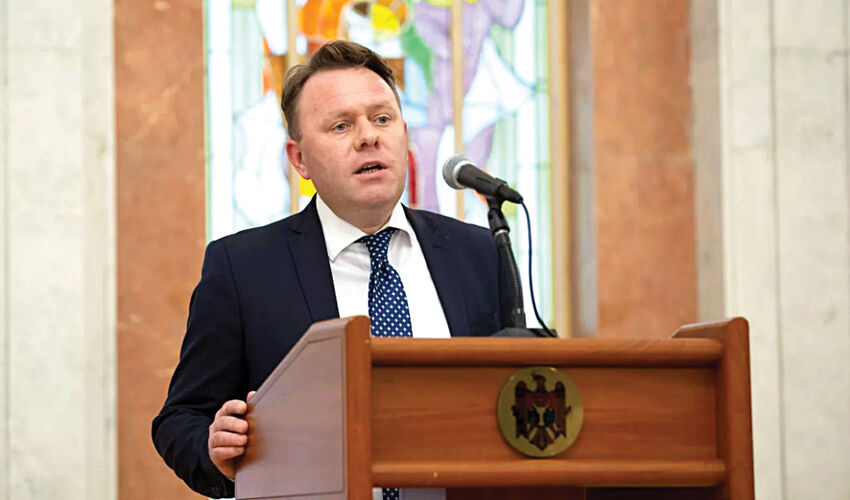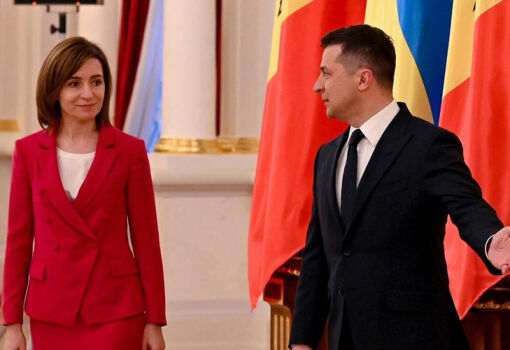
Alexander Flenkya
“We are now discussing a plan for the reintegration of the Transnistrian region with our European and American partners. So far, I cannot provide details, but such a plan is indeed being discussed,” Alexandru Munteanu said in Brussels.
Former Deputy Prime Minister for Reintegration Alexandru Flenca emphasized in a commentary for Logos Press that any steps towards reintegration should be based on a clear political and public consensus, without which the discussion of such initiatives with international partners would be premature.
“It is difficult to judge what the prime minister meant or could have meant. We can try to start from the government program approved by the parliament. But it does not say anything about such plans. It is only about “uniting” the two banks of the Dniester. And the assessment is made, in my opinion, quite rightly, on the policies of socio-economic reintegration associated with the general processes of European integration. One way or another, it talks about social and economic integration, not about some separate plan that could be discussed with partners.
I am least concerned about Tiraspol’s reaction. Much more important are the possible reactions in Chisinau, because we remember how attempts to quickly and unilaterally implement any reintegration plans without proper consultations ended in the past. As a rule, this caused serious resistance, if not rejection, on the part of political forces and civil society. The issue is extremely important and sensitive and requires broad consultations and the achievement of public consensus.
And since it is impossible to talk to every citizen, the consensus is reached through consultations of political forces, which are supported by voters and delegated to the parliament. That is, at least at the level of parliamentary parties such a dialog should be conducted. At least, I know nothing about it so far.
I repeat: before speaking on behalf of Moldova, it is necessary to make sure that what is to be discussed is supported by the society and, at least, is not rejected by other political forces”.
The government’s program indeed pays special attention to the theme “Unity between the banks”. The document emphasizes: “We will ensure that the benefits of Moldova’s rapprochement with the European Union are also enjoyed by citizens and companies from the Transnistrian region.” Among the priorities is the maintenance of peace and security on both banks of the Dniester, as well as the promotion of a consistent policy of reintegration and gradual convergence in the legal, economic, customs, fiscal, social, informational and political spaces of the country.
It also refers to the need to “adopt diplomatic and political measures to minimize military risks related to the Transnistrian region and to transform the peacekeeping forces into an international civilian mission”.
The topic was also continued by Valeriu Chiver, Deputy Prime Minister for Reintegration and former ambassador to Ukraine. According to him, “our citizens on the left bank of the Nistru River are already enjoying the results of European integration: economic agents are exporting more and more – according to data, about 80% – to the European market”.
Experts note that Kiveri’s many years of diplomatic work in Ukraine have given him important experience in the field of security and international negotiations – experience that is especially needed in the context of the Transnistrian dossier. It remains to be hoped that this diplomatic background will also be useful in promoting the policy of “socio-economic” integration.
And also – that the government realizes that without a transparent explanation to the public, any reintegration steps are easily perceived as hidden games or conspiracy theory, which generates rumors and undermines the trust of citizens on both banks of the Nistru.

